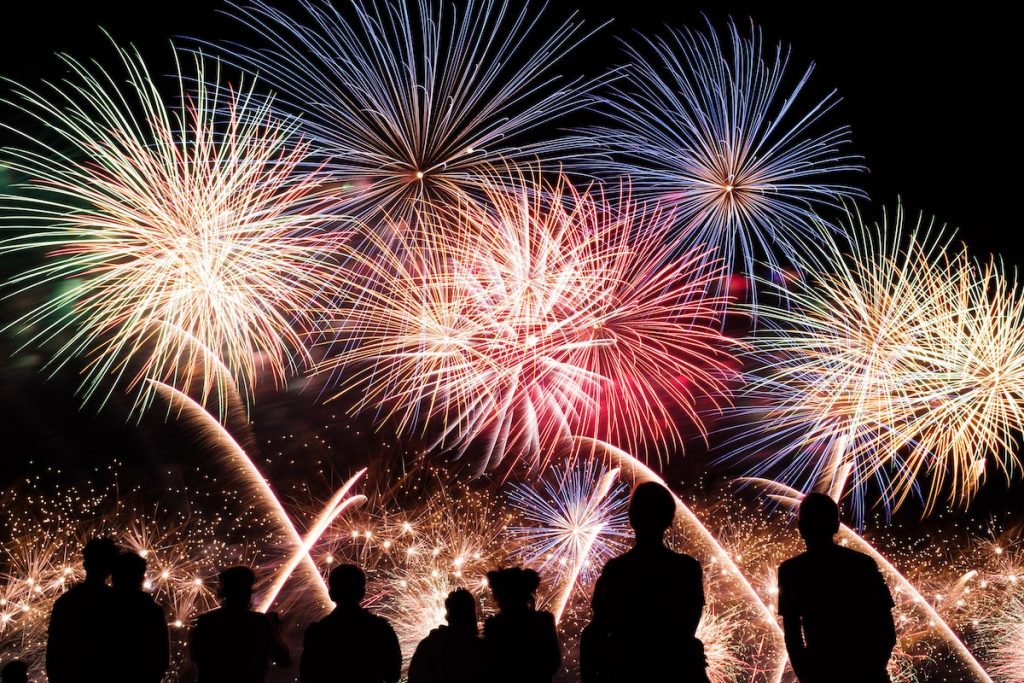Fireworks can create a spark of joy that brighten up any holiday and Georgia’s Fireworks Law has become increasingly more lax about firework usage each year. However, your homeowner’s association may have certain covenants in place that restrict fireworks in a way different than the law does. Many homeowners often have questions about restrictions on shooting off fireworks in their subdivision, especially if it differs from the current state of Georgia law regarding fireworks.
Navigating Covenant Restrictions
My neighbors and I are really upset with the covenant enforcement committee of our subdivision. Our subdivision was built in 1999. One of the provisions in our covenants says NO fireworks. However, since sparklers are legal in Georgia, I thought we could enjoy them. The committee has sent letters to about twelve of us telling us we were observed on the 4th of July violating the “no fireworks” provision of the covenants and telling us that a fine of $25.00 has been imposed against us. This is crazy! Can we be fined? We weren’t violating the Georgia Fireworks law. The letter does state that we have a right to a hearing if we want to contest the fine. Do we have grounds to win our case?
Understanding Covenant vs. Legal Restrictions
Legal Implications of Covenants
You can be fined for violating a covenant, regardless of the fact that your actions did not violate any state or federal laws.
More Restrictive, but Enforceable
The covenants are restrictions that apply to the lots in your subdivision. Covenants can be more restrictive than laws and zoning ordinances. Courts have ruled that by moving into a covenant community, whether you agree or even realize it, you may give up rights that you otherwise have the right to enjoy. Courts have held the covenants are enforceable, so long as they do not violate a law. A covenant that is more restrictive than a law does not mean it violates the law.
Example: Occupancy Restrictions
For example, a health code or zoning ordinance might not limit the number of people that can reside in a house. However, a covenant restriction could limit occupancy to no more than two persons per bedroom. The covenant is in accordance with the Fair Housing Amendments Act of 1988, so it is legal, even though it is more restrictive than the health code and zoning ordinance.
Firework Restrictions
It is the same situation with the covenant’s ban on fireworks. Even though it is more restrictive than the Georgia Fireworks law, it does not violate the law and is enforceable.
Addressing Practical Considerations
Covenants and Changing Laws
However, there is a practical issue here that the covenant committee should have taken into consideration. Your covenants were written when ALL fireworks were illegal in Georgia. That provision is included in most covenants to give the association the right to impose a fine for a violation since it is rarely enforced by the police. Now that the Georgia law on fireworks has been amended to allow the use of sparklers, that provision of the covenants may not reflect the wishes of the owners. The Board should ask the owners whether they want to continue to prohibit all fireworks as the covenant is written or to allow fireworks that are permitted by law.
Amending Covenants
As explained above, if the owners prefer to continue to prohibit all fireworks, that is okay, even though it is more restrictive than the law. If the owners prefer to allow the use of fireworks permitted by law, it will be necessary to amend the covenants to change the provision. The percentage of owners required to amend the covenants is usually sixty-six and two-thirds percent (66 and 2/3%). Check your covenants to confirm your specific requirement.
Taking Action
Requesting a Hearing and Seeking Resolution
I encourage you to request and attend a hearing with respect to the fine. While the committee is within its authority to issue the fine, you could politely request the fine be suspended because of the confusion created when the State of Georgia’s Fireworks Law was changed, and also ask that the committee poll the members to find out whether they want to change the covenant to more closely match the State law.


